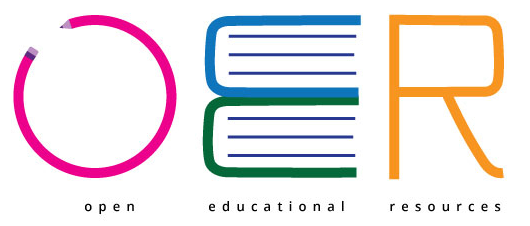 For many students and parents, the cost of college textbooks may come as a surprise. A study published by the General Accountability Office in 2013 revealed that textbook costs rose 82 percent between 2002 and 2012. The National Association of College Stores (NACS) says the average college student will spend $655 on textbooks each year. The frustration that comes with these rising costs has motivated educators to provide more affordable and accessible academic resources for their students.
For many students and parents, the cost of college textbooks may come as a surprise. A study published by the General Accountability Office in 2013 revealed that textbook costs rose 82 percent between 2002 and 2012. The National Association of College Stores (NACS) says the average college student will spend $655 on textbooks each year. The frustration that comes with these rising costs has motivated educators to provide more affordable and accessible academic resources for their students.
What are Open Educational Resources?
Open Educational Resources (OER) are defined by the Hewlett Foundation as “teaching, learning, and research resources that reside in the public domain or have been released under an intellectual property license that permits their free use and repurposing by others. OER include full courses, course materials, modules, textbooks, streaming videos, tests, software, and any other tools, materials, or techniques used to support access to knowledge.”
Using OER in higher education varies greatly from class to class. Some teachers may use OER by showing a video, while others design their course around curated material. In many cases, OER are simply used to enhance personal knowledge and learn about topics related to academic research. For students, OER can complement a course they are taking. One example of OER is MERLOTx, a student portal of free online material including learning modules, online courses, and online textbooks. A student can find textbooks on art, business, science and technology, and even workforce development.
Historically, faculty members and students had limited options with course materials and textbooks, relying primarily on publisher content. However, OER initiatives at colleges and universities around the world are growing rapidly. The Instructional Technology Council, a national leader in distance education, started tracking open education impact in 2012. An annual survey showed that member institutions reported a 20 percent growth in OER adoption. Karen Gardner-Athey, a faculty member of the non-profit Online Learning Consortium, said that “OER textbooks will become the norm in higher education within the next 3-5 years.”

OER at UA Little Rock
With OER initiatives growing worldwide, it’s no surprise that UA Little Rock has developed its own in recent years. The university’s eLearning and Collections & Archives units in May 2017 cosponsored an OER Alternative Textbook Mini Grant competition, which encouraged faculty to adopt existing OER material, create their own content, or curate a blend of both, for their course instruction.
Dr. David Montague, Director of eLearning and Scholarly Technology & Resources, is also a professor of criminal justice and member of the UA Little Rock OER Task Force. Montague acknowledges the difficulties students may face with gaining access to course material at the beginning of the semester. In addition to time and financial constraints, there are moments when a textbook is not in stock or a student purchases the wrong edition. In these situations, OER can be a helpful tool. “OER doesn’t have to mean everything’s open education resource. For me it’s more important to have some material in [the course] at the beginning to get the student out of the gate, so the pressure is not on them as much, and the professor knows everyone had access to it …,” Montague said.
Montague said he believes the grant gives faculty a way to think in more innovative ways about student success. “With my graduate course that I have right now, it’s a policy course. I was using a book that’s almost $150 for the book,” he said. “It’s a really good book, but at the last minute I said, ‘You know what? I think I’m gonna take a tip from what we talked about [in the task force]. I’m going to use OER content for my own course.’ So that’s what I did.”
Montague said he also hopes the grant encourages collaboration among UA Little Rock faculty.
The recipients of the mini grant, which were announced May 31, will present their OER content in an Open Educational Resources Workshop in Fall 2017 and participate in Open Education Week at UA Little Rock in Spring 2018.
For more information on how OER can support your education (and to see a handy list of OER) check out http://researchguides.ualr.edu/oer/oer-resources.
